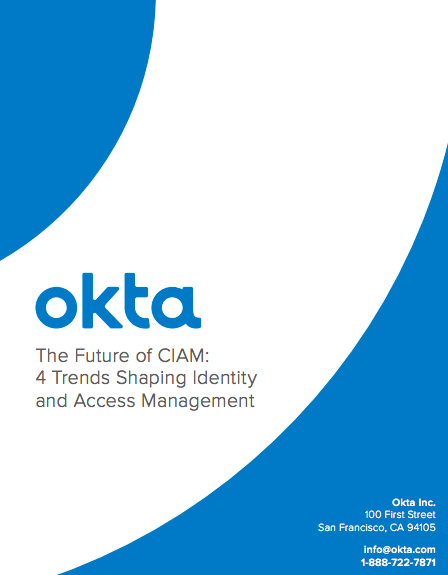More than 90 global privacy groups urge Apple to abandon CSAM surveillance
Groups warn the tech could be exploited by “abusive adults”


Sign up today and you will receive a free copy of our Future Focus 2025 report - the leading guidance on AI, cybersecurity and other IT challenges as per 700+ senior executives
You are now subscribed
Your newsletter sign-up was successful
Apple is being urged to abandon plans to scan images and iMessages for child sexual abuse material (CSAM) over fears that the tech could threaten citizens' privacy and wellbeing, as well as inadvertently flag ‘innocent’ content.
This is according to an open letter signed by more than 90 civil society organisations, including the UK’s Big Brother Watch and Liberty.
Although the signatories “support efforts to protect children and stand firmly against the proliferation of CSAM”, they argue that the “algorithms designed to detect sexually explicit material are notoriously unreliable” and are known to “mistakenly flag art, health information, educational resources, advocacy messages, and other imagery”.
Moreover, the letter criticises Apple for assuming that the users of its iMessage surveillance technology, which aims to protect children from explicit content, will “actually belong to an adult who is the parent of a child, and that those individuals have a healthy relationship”.
According to the signatories, the tech could be exploited by “abusive adults”, providing them with even more power to control their victims. It could also lead to non-heteronormative children being outed against their will:
“LGBTQ+ youths on family accounts with unsympathetic parents are particularly at risk,” the letter reads. “As a result of this change, iMessages will no longer provide confidentiality and privacy to those users through an end-to-end encrypted messaging system in which only the sender and intended recipients have access to the information sent.”
The letter, which is addressed to Apple CEO Tim Cook and is signed by privacy groups from across the US, Africa, Europe, South America, and East Asia, also echoed previous concerns of government interference in the surveillance technology, which could include Apple being pressured to “extend notification to other accounts, and to detect images that are objectionable for reasons other than being sexually explicit”, such as: “human rights abuses, political protests, images companies have tagged as “terrorist” or violent extremist content, or even unflattering images of the very politicians who will pressure the company to scan for them”.
Sign up today and you will receive a free copy of our Future Focus 2025 report - the leading guidance on AI, cybersecurity and other IT challenges as per 700+ senior executives
“And that pressure could extend to all images stored on the device, not just those uploaded to iCloud. Thus, Apple will have laid the foundation for censorship, surveillance and persecution on a global basis,” the letter states.
Apple had previously addressed these fears, maintaining that the technology would not scan users' iCloud uploads for anything other than CSAM, and that it would reject governmental requests to "add non-CSAM images to the hash list".
RELATED RESOURCE

However, earlier this week, the tech giant appeared to bow down to some demands by announcing that it would only flag images that had been supplied by clearinghouses in multiple countries and not just by the US National Center for Missing and Exploited Children (NCMEC), as announced earlier.
The open letter comes as security researchers found a flaw in Apple’s NeuralHash hashing algorithm, which is used to scan for known CSAM imagery.
GitHub user Asuhariet Ygvar warned that NeuralHash “can tolerate image resizing and compression, but not cropping or rotations”, potentially reducing the success rate of the tech.
Apple has said the flaw only exists in a previous build of the technology and would not be present in the final product.
Having only graduated from City University in 2019, Sabina has already demonstrated her abilities as a keen writer and effective journalist. Currently a content writer for Drapers, Sabina spent a number of years writing for ITPro, specialising in networking and telecommunications, as well as charting the efforts of technology companies to improve their inclusion and diversity strategies, a topic close to her heart.
Sabina has also held a number of editorial roles at Harper's Bazaar, Cube Collective, and HighClouds.
-
 Will a generative engine optimization manager be your next big hire?
Will a generative engine optimization manager be your next big hire?In-depth Generative AI is transforming online search and companies are recruiting to improve how they appear in chatbot answers
-
 European Commission clears Google’s Wiz acquisition, citing 'credible competition' from Amazon and Microsoft
European Commission clears Google’s Wiz acquisition, citing 'credible competition' from Amazon and MicrosoftNews Regulators said there are “several credible competitors” to Google regardless of the acquisition
